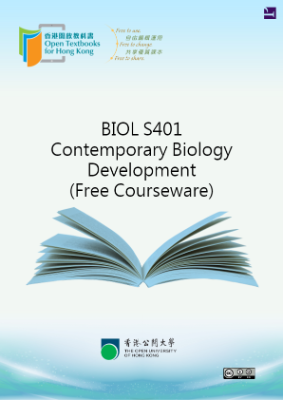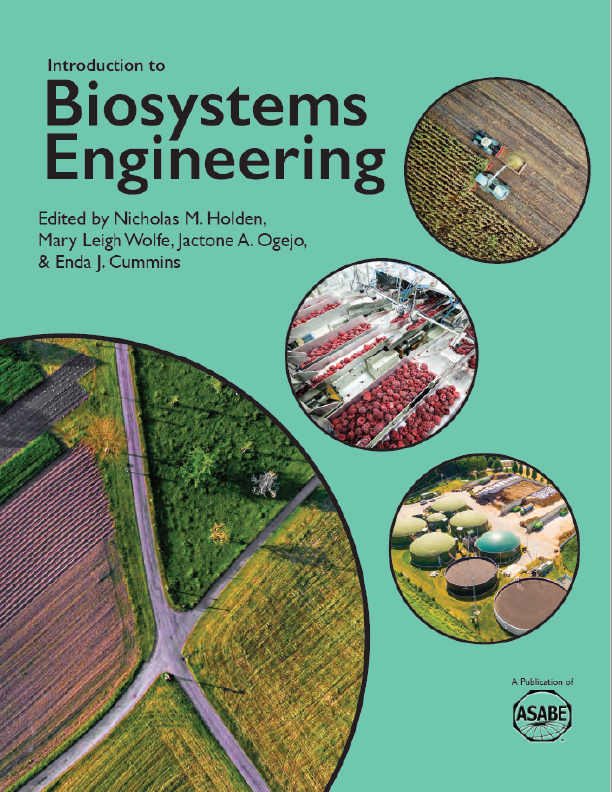Laboratory courses can be magical. They can be enlightening experiences that open your eye to a big picture. A laboratory experience should work in tandem with a lecture course, and fully realize concepts, techniques and reactions that you have heard of. Unfortunately, they can also be discouraging experiences. One of the key factors that dictates which experience you will have, is preparation.
A rewarding aspect of a well-prepared experiment is that it can firmly cement the information that you have obtained through studying in a way that is far superior to simply reading about it. Your knowledge evolves beyond routine memorizing to real understanding, because you have seen the reaction and principles with your own eyes. The synergy between a lecture course and a lab component should not be underestimated.
In this chapter I outline a systematic way of preparing for any organic chemistry experiment to ensure that you succeed in the laboratory and that you leave with an optimal experience. Seeing, after all, is believing. I discuss how to make and use the flow diagrams, how to obtain relevant safety information about the chemicals you are handling, and how to use your note-book to prepare efficiently.
There are several reasons why a systematic plan for preparation is so integral to a laboratory experience, but it boils down to the fact that an organic chemist must have information that far supersedes the information provided in a typical lab manual. When you are performing an experiment, there is little time to look up densities, perform calculations, look up safety and hazard information for chemicals and do any in-depth research on the theory behind the techniques you use. You must bring all this information with you. In many cases the lack of this information can have detrimental consequences for your experiment, your learning outcome and last but not least the safety of the laboratory.
So how can you prepare better?
Let us start by looking at the procedure. It is a recipe that describes the order of events, and the key operations that must be performed. However, just reading the procedure will never prepare you adequately. Why is that? The first reason, is that there is far too much material to remember, at any given time, and events that happen early in the experiment, will influence the outcome later. The second reason, is that any lab manual, even the ones designed for undergraduate use, never spells out everything that must be done. A third reason, is that any lab manual expects that the reader has some expertise and some level of experience.
This is something you most likely already know, from your everyday life. Let’s say that you want to follow a recipe you are not familiar with to make a birthday cake. You start on step 1 and work your way through the recipe, but after a while, you run into a problem.











